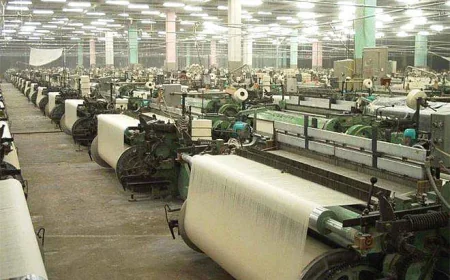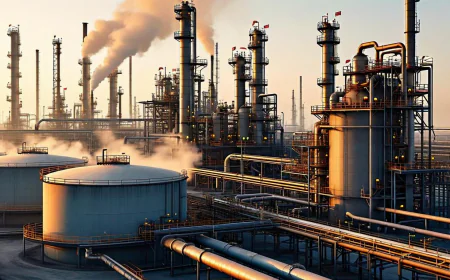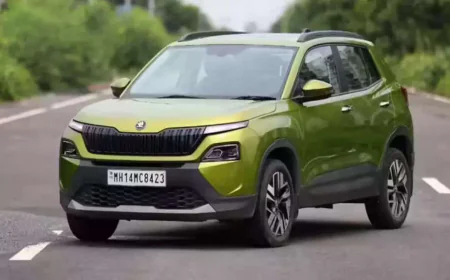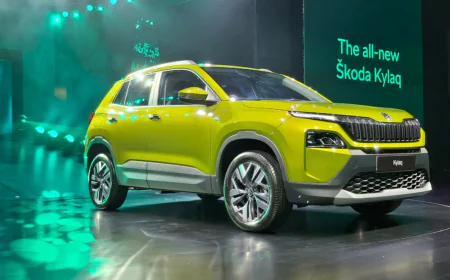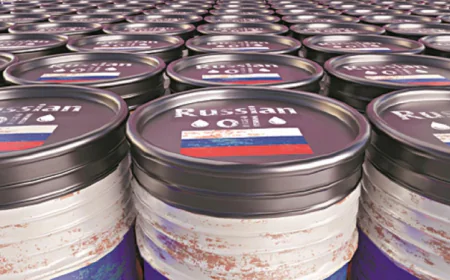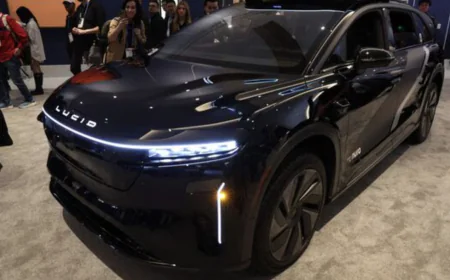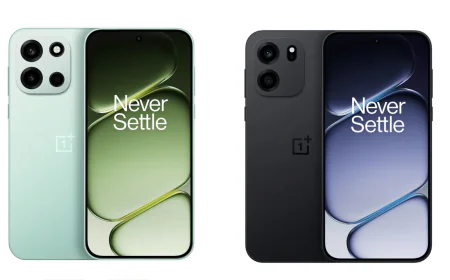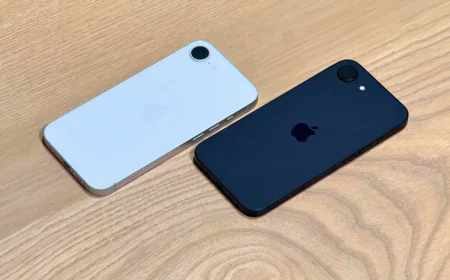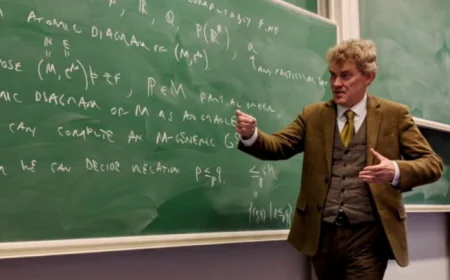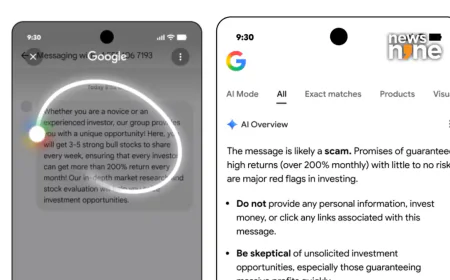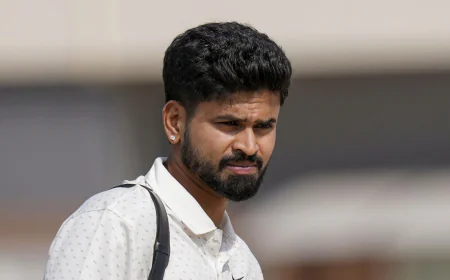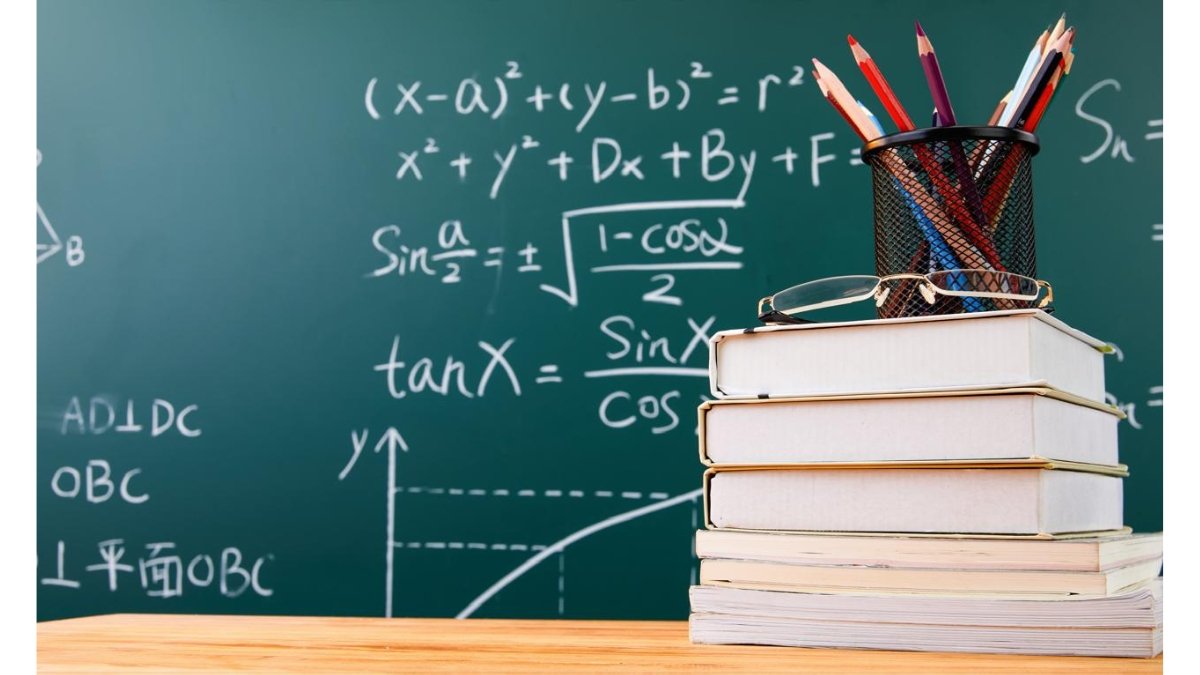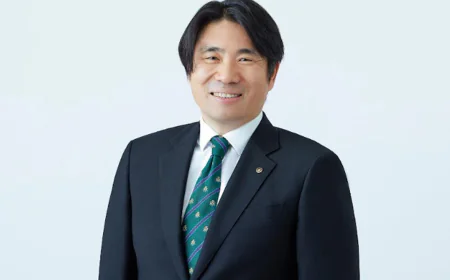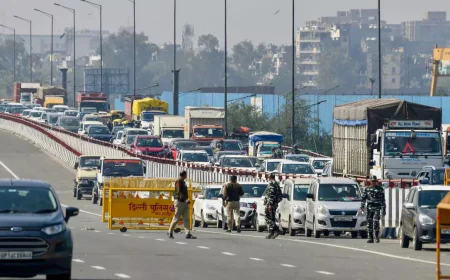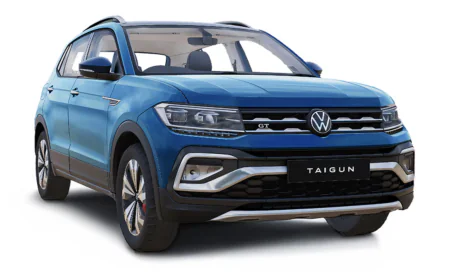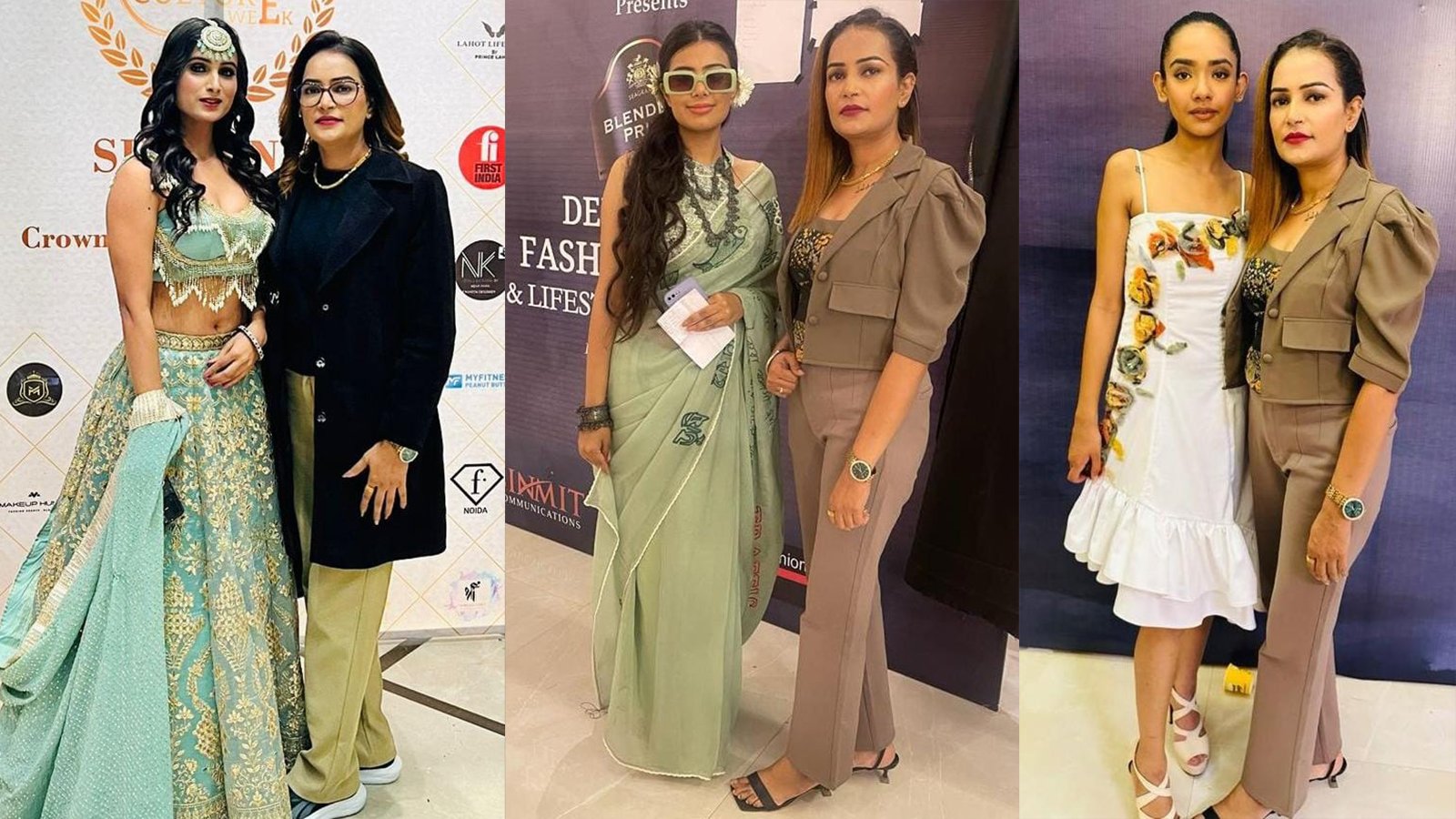Hyundai Motor will launch 21 new Electric Cars by 2030, the company told the future plan
Hyundai Motor plans to start mass production of new EREVs in North America and China by the end of 2026. Hyundai will expand its hybrid and new EREV offerings due to the EV slowdown. Hyundai Motor Company President and CEO Jahoon Chang said that based on our advanced technology and dedication to innovation, our goal is to achieve the first position in the market.

Hyundai Motor is working on EREV for the future. It would integrate the best of both worlds, the IC engine and electric vehicle, into one package. The Korean carmaker boasts at the CEO Investor Day of 2024 that the EREV will be competitively priced with electric vehicles and give over 900 km range from emission and battery sources.
Hyundai Motor plans to start mass production of new EREVs in North America and China by the end of 2026. Of course, this EV slowdown will also mean the proliferation of Hyundai's hybrid and new EREV offerings. Hyundai has proclaimed that such a slowdown would be overcome with the increase in EV sales by the end of 2030. In tune, Hyundai Motor has geared up to create a full lineup of EVs-ranging from affordable EVs to luxury and high-performance models, with the launch of 21 models by 2030.
Hyundai Motor Company President and CEO Jaehoon Chang said, "Based on advanced technology and dedication to innovation, we have come first in the market". Hyundai Motor plans to accelerate its development of next-generation batteries, including solid-state batteries.
Want to get your story featured as above? click here!
Want to get your story featured as above? click here!
It also plans to employ a tailor-made battery CTV or cell-to-vehicle structure. By integrating the batteries with vehicle bodies in the CTV structure, the company would be able to give an extended booster dose to battery integration and its performance. It can cut down parts by weight up to 10 percent compared to the previous CTP or cell-to-pack system.
In 2030, it also wants Hyundai Motor to use not only performance-based NCM batteries and low-cost LFP batteries but also newly developed affordable NCM batteries for a greater range of solutions.
The company will first apply this new entry-level battery to mass models, and by further improving the energy density of the batteries continuously, it expects to increase performance by more than 20% before 2030.
